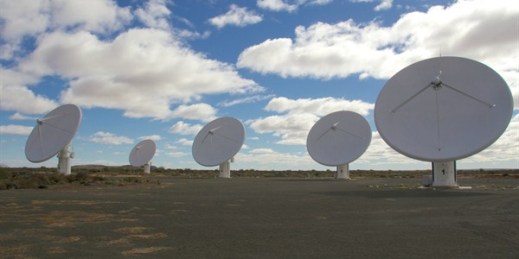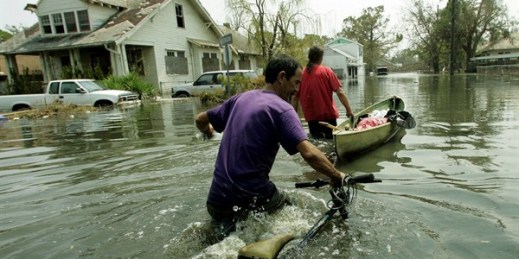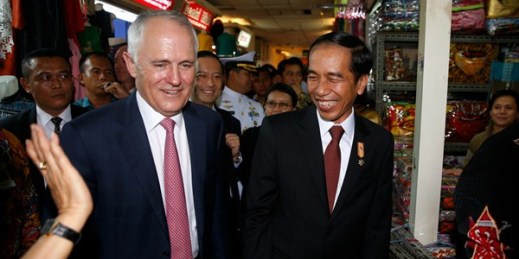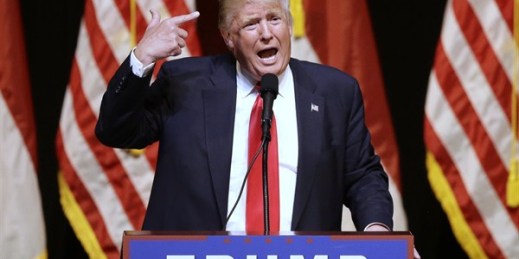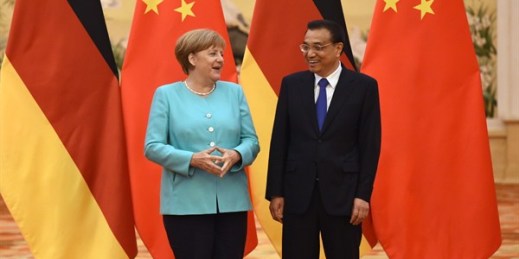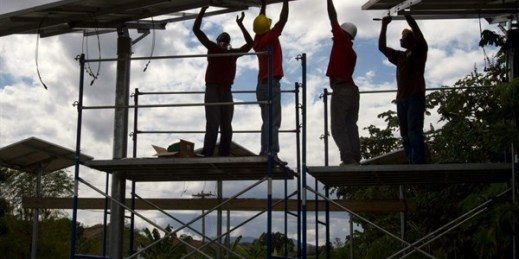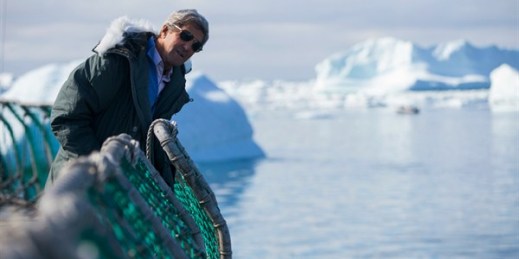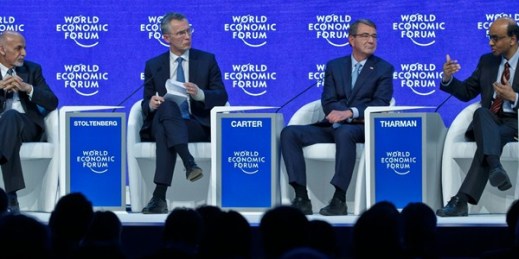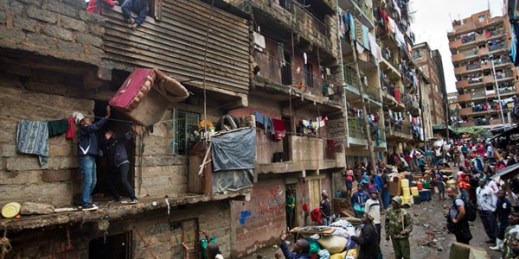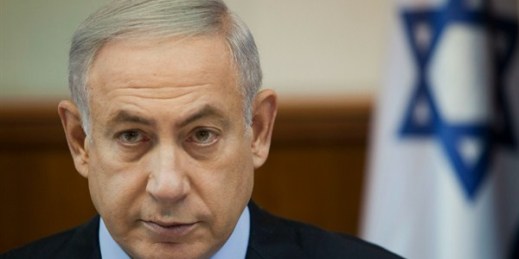
In late June, Israel and Turkey struck a long-awaited deal to normalize diplomatic ties, ending the six-year chill sparked by Israel’s raid on a Gaza-bound flotilla that killed eight Turks and an American citizen of Turkish origin. Under the deal, Israel will allocate $20 million for compensation of the victims’ families. As ties are restored, each country will return its ambassador, and the two sides could even enter talks on a natural gas pipeline. Turkey, for its part, will halt all criminal or civil claims against Israeli military personnel involved in the raid. Shortly after the deal was signed, a […]

